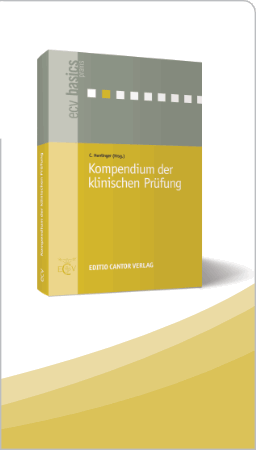Header
Ihr Suchergebnis
Sie recherchieren derzeit unangemeldet.Melden Sie sich an (Login) um den vollen Funktionsumfang der Datenbank nutzen zu können.
Sie suchen in allen Bereichen nach dem Autor Fitzer A.
In der Rubrik Zeitschriften haben wir 2 Beiträge für Sie gefunden
-
A Scheduling Approach for the Pharmaceutical Tablet Formulation
Rubrik: Fachthemen
(Treffer aus pharmind, Nr. 02, Seite 208 (2018))
A Scheduling Approach for the Pharmaceutical Tablet Formulation / Kroschl und Fitzer • Scheduling Approach · Kroschl C, Fitzer A · Camelot Management Consultants AG, Mannheim
In recent years, the pharmaceutical industry shifted from a so-called ‘blockbuster’ market with enormous profit margins into a highly competitive business environment. Stagnation of scientific innovations, expiring patents and strict regulatory protocols allowed many competitors to enter the market. Whereas supply chain performance and corresponding production processes have not been a major concern of pharmaceutical companies in the past, the increased competition has caused a shift in thinking. Nowadays, pharmaceutical companies are striving to gain new competitive advantages. Addressing the supply chain challenges and in particular within the production planning & scheduling can save a tremendous amount of costs, increases ...
-
LEAN SCM
Rubrik: Fachthemen
(Treffer aus pharmind, Nr. 02, Seite 190 (2014))
LEAN SCM / Part 2: Mastering increasing variability and uncertainty at production sites*Part 1 see Pharm Ind. 2014;76(1):69–73. · Packowski J, Fitzer A · Camelot Management Consultants AG, Munich, Germany
In the pharmaceutical sector, supply chain management (SCM) requirements have changed significantly in recent years. The buzzword nowadays when managing global supply chains is adaptation to increasing global complexity and volatility. Growing pressure from financial markets and the difficulty of increasing operating margins and working capital in this environment require efficient planning and execution of global production processes. More and more companies are relying therefore on LEAN SCM – a planning concept designed to facilitate harmonized production and replenishment planning along the entire supply chain with close linkage to IT applications. LEAN SCM is designed expressly to simplify existing planning ...









